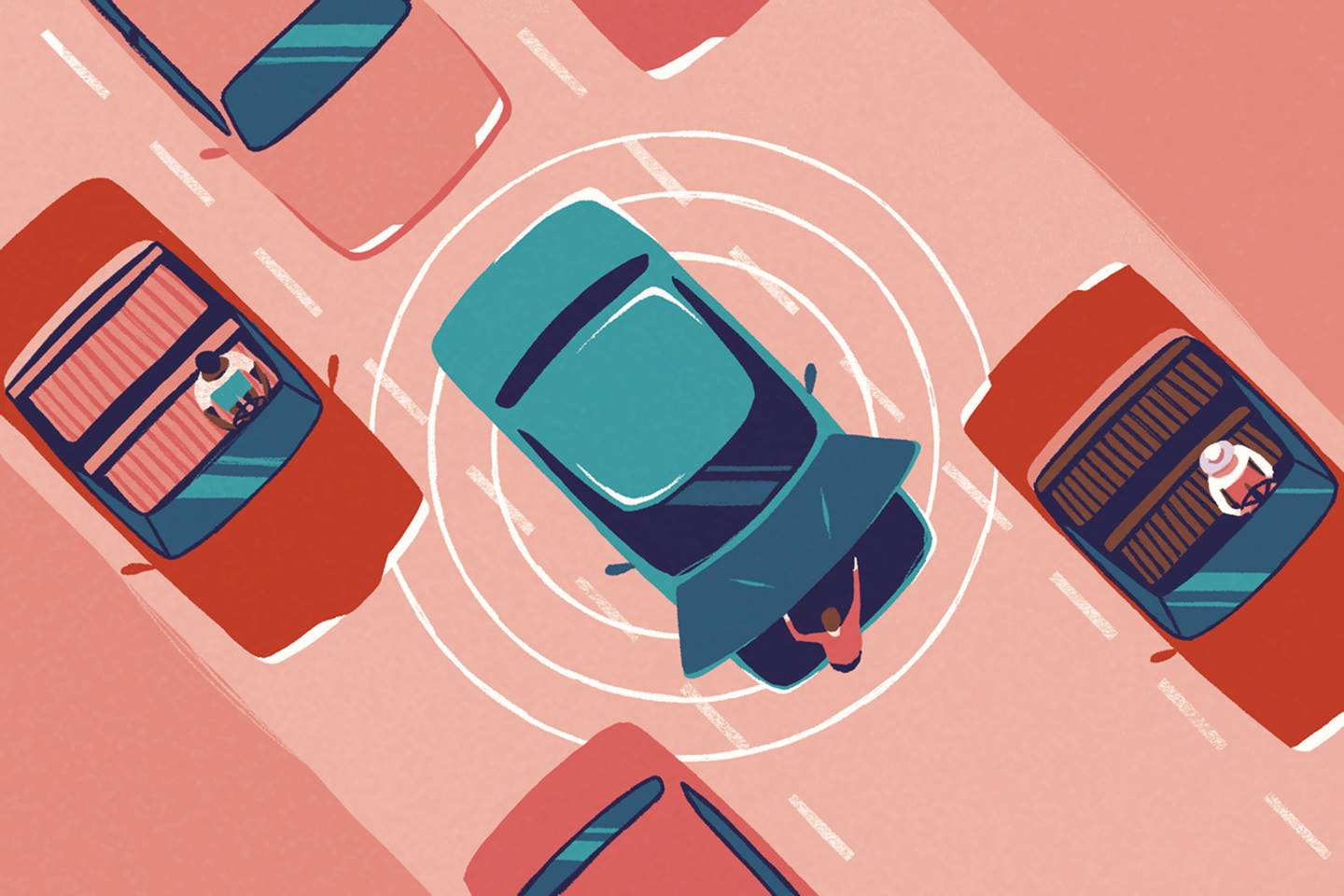Read The Full Article On: Wired
In 2020, automation will be on the rise. Industries such as mining, agriculture and defense will all follow in the footsteps of car manufacturers
In the race to develop autonomous vehicles we have so far assumed that dedicated “lone riders” that have raised a large amount of capital will be the ones to succeed, with traditional automotive manufacturers left behind in the dust. In 2020 we will see established manufacturers overtaking the newcomers in the field.
Despite early promising breakthroughs, autonomous-vehicle (AV) startups are now facing serious challenges. The robo-taxi service that GM Cruise, for example, aimed to launch in 2019 still hasn’t come to fruition.
Alphabet subsidiary Waymo is several years on from announcing a robo-taxi service in Chandler, Arizona, but humans are still very much behind the wheel. Uber ATG, once the darling of the AV industry, has quietly faded into the background because of a fatal collision with a pedestrian. Tough technical problems stand in the way of fully AV deployment, and until they are solved, these companies will find themselves more and more dampening investor and consumer expectations.
Automotive manufacturers, by contrast, have devised a more nuanced approach. Over the next decade, traditional vehicle manufacturers will be applying a three-pronged strategy. First, they will grow in-house teams that focus on creating driver-assistance systems. Focused on highways, these will be more advanced than cruise control, but will still require the human driver to manage the vehicle. And driver assistance will drive profits. Manufacturers such as Tesla and GM have been able to charge an additional $3,000 to $5,000 for vehicles with driver assists.
Second, automotive manufacturers will be able to leverage their massive supply chains. Companies such as Bosch, Aptiv and Continental are rushing to market solutions that manufacturers can use “out of the box”. Lastly, traditional manufacturers are partnering with or buying up teams that develop software for AVs. In fact, in 2020, automotive companies will start to see themselves more as software companies than anything else.
And companies will be collaborating. The future of robo-taxi autonomy looks much more like the past of automotives: huge technical organisations working together both on short-term, incremental progress and on moonshots. And they will be working across sectors.
In 2020, we will see the rise of autonomy in industries such as mining, agriculture and defense. By collaborating and co-producing, companies in all these areas will make greater strides towards truly autonomous vehicles than the focused startups that made such gains early in the race.

